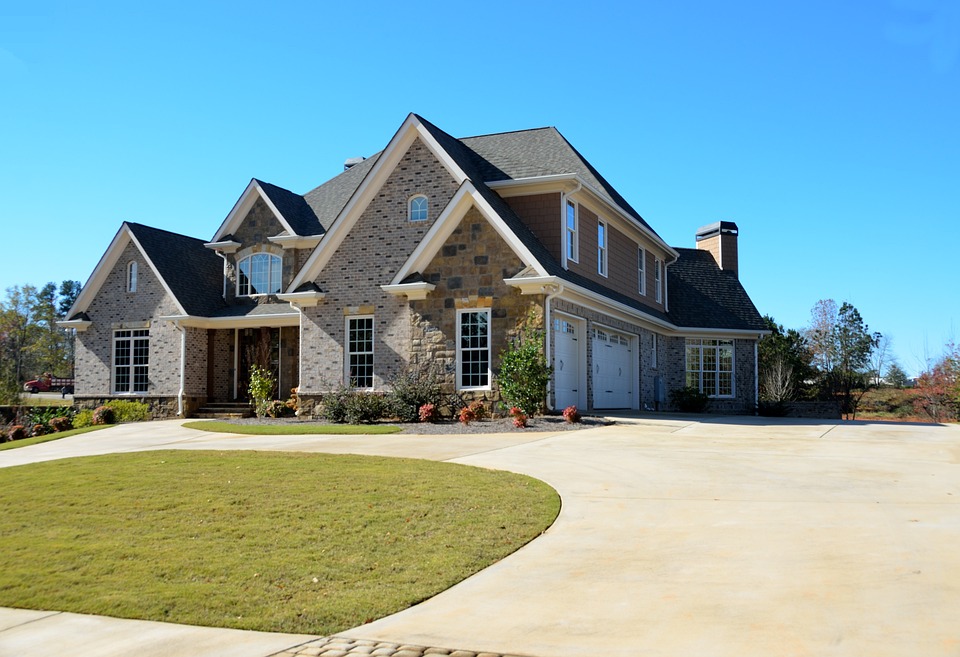As a realtor, having a website is essential for establishing a strong
online presence and attracting potential clients. However, not all real
estate websites are created equal. To help you make the most of your online
presence, here are some of the most important factors to consider when
designing your realtor website:
1. User-Friendly Design: Your website should have a user-friendly design
that is easy to navigate, visually appealing and loads quickly. A website
that is difficult to navigate or has long loading times can quickly turn
off potential clients.
2. Property Listings: One of the most important factors on a realtor
website is the ability to showcase property listings. Your website should
include a search feature that allows visitors to easily find properties
based on their search criteria. It should also provide detailed information
on each property, including photos, descriptions, and virtual tours.
3. Testimonials: Testimonials are a powerful tool for building trust and
establishing credibility with potential clients. Make sure to prominently
display testimonials from satisfied clients on your website.
4. Blog: A blog can be a great way to establish yourself as an expert in
the real estate industry and provide valuable information to potential
clients. Use your blog to share market insights, tips for buyers and
sellers, and other relevant information.
5. Contact Information: Make it easy for potential clients to contact you
by including your contact information on every page of your website. This
includes your phone number, email address, and physical address.
6. About Page: An “About” page is an important component of any realtor
website. Use this page to tell visitors about your background, experience,
and qualifications. This can help establish trust and credibility with
potential clients.
7. Mobile-Friendly: With more people accessing the internet on their mobile
devices, it is essential that your website is mobile-friendly. This means
that it should be optimized for viewing on smaller screens and have a
responsive design that adjusts to different screen sizes.
8. Social Media Integration: Social media is an important marketing tool
for realtors. Make sure your website includes links to your social media
profiles, and consider incorporating social media feeds on your website to
showcase your activity and engage with potential clients.
In conclusion, a realtor’s website should be user-friendly, feature
property listings, testimonials, a blog, contact information, an “About”
page, be mobile-friendly and integrate social media. By keeping these
factors in mind, you can create a website that attracts potential clients,
establishes credibility and helps grow your real estate business.

